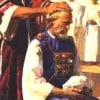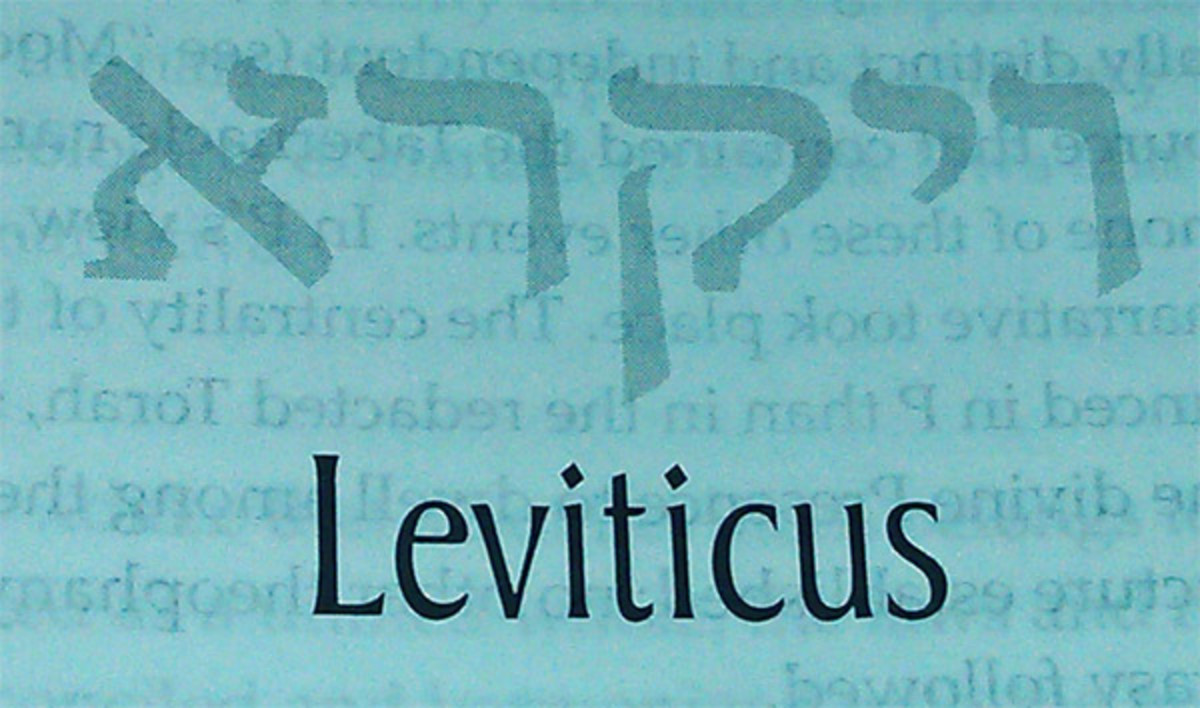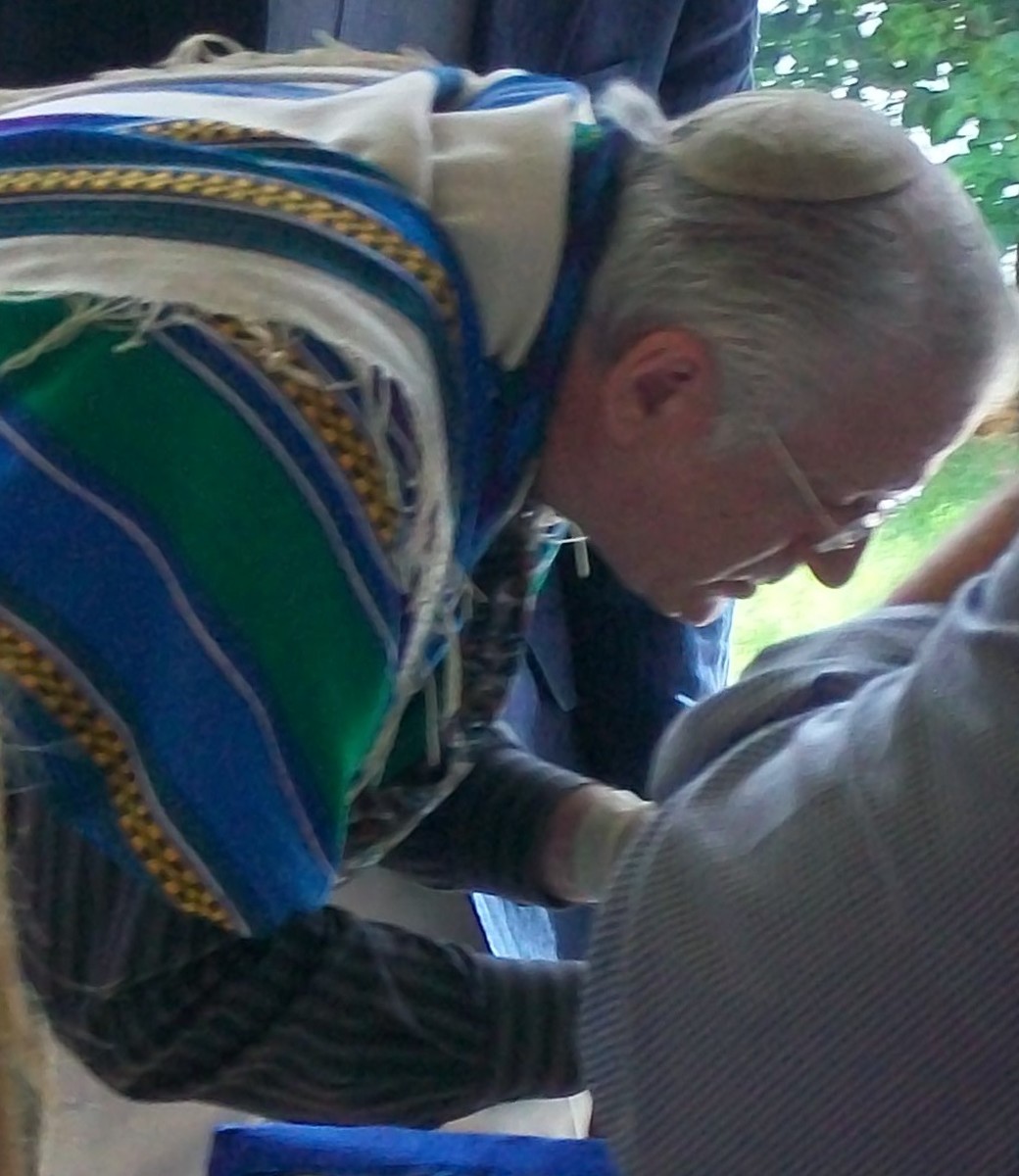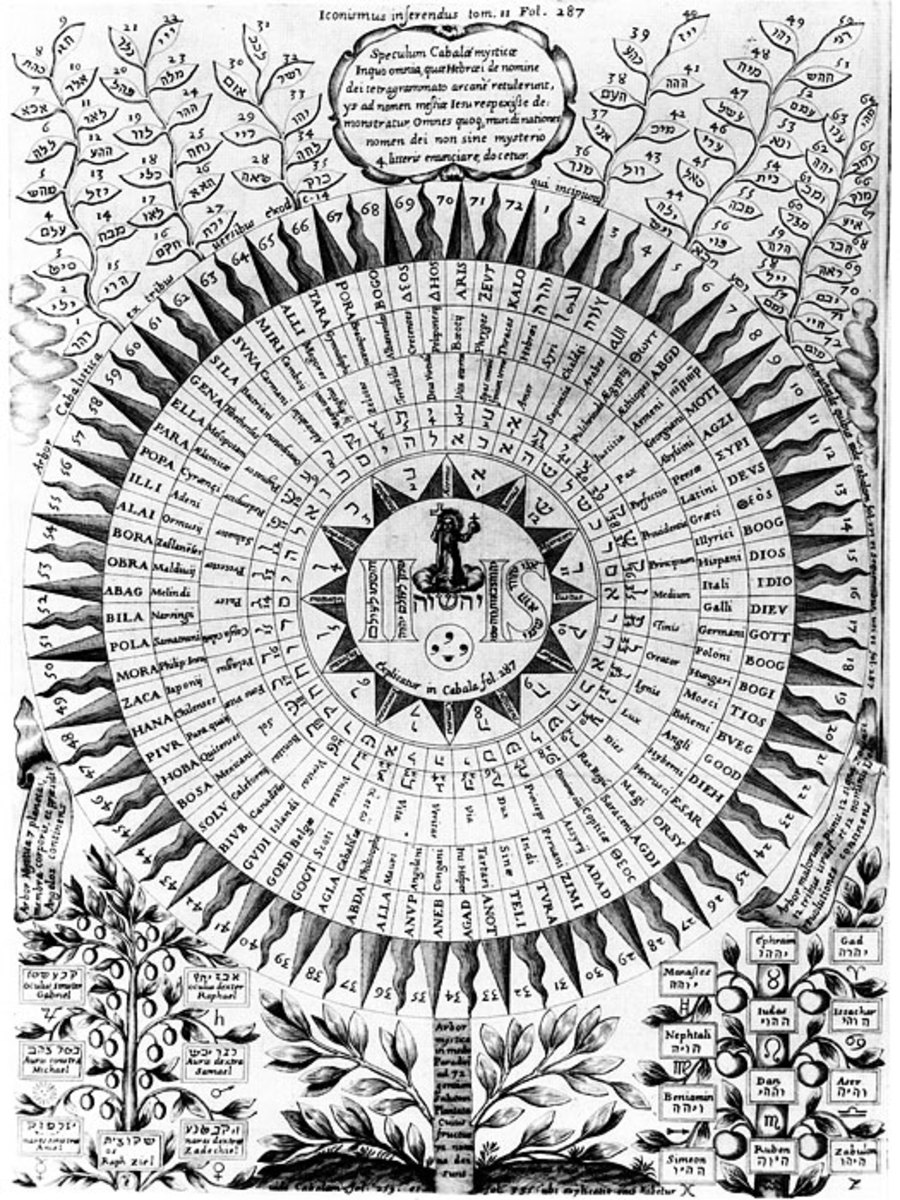Karaite Women
I'm glad you asked that question bp10191960 . It was actually a topic upon which I intended to write sooner than later and your question provided the incentive to act upon it now. Many are confused about the issue of women's rights in Karaism thinking that because Karaism is based on the Torah that it would be archaic in its treatment of women. In fact the exact opposite is true. The Torah was very progressive in its attitude towards women and it has
only been the later religious interpretrations by Rabbanite Judaism, Christianity and Islam that have deemed woman as
second class citizens.
Let me explain:
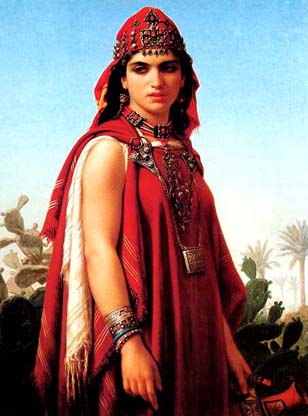
Equality
Based on the daughters of Zelophehad, the leadership of Miriam and the judging position of Deborah, it was clear right from the onset of Judaism that women could hold title and positions of power. The right to title was never clearer than in the fact that Among the Karaites, unlike the Rabbanites, our daughters have equal rights of inheritance with our sons. And if we as men should remarry after our first wife's death, and have children by our second wife, our first wife while alive
was entitled to issue a special document to ensure that her property would only be inherited only by her own children. This first wife could also enforce the inheritance of her estate by her children from a previous marriage by inserting a special stipulation into her marriage contract. These laws were specifically instituted in Karaism based on the daughters of Zelophehad to ensure that women were protected. In fact this was on equal status to men and this has been preserved in Karaism from this ancient tradition.
The Torah explicitly mentions that both men and women were required to come and learn the Torah in the Jubilee year. This meant that not only women had to observe and keep the commandments but they had to be educated in order to study the Tanach. There is even evidence that in the 10th century, that the leader of the Karaite community of Spain, and this was a large and significant community was a woman referred to as "The Teacher" [al-Mualema]. I should mention that she only came into the position of Hacham after the Rabbanites killed her husband, the Karaite leader Sidi ibn al-Taras. I add this only because I have some Rabbanite readers that refuse to believe that their ancestors actually persecuted and killed their Karaite brethren which I have alluded to in many of my articles, especially since some of those killed were my direct ancestors. But referring back to women in leadership positions, you won't find anything comparable in Rabbanite Judaism until recently and that is only in the reform communities as the Orthodox still won't tolerate it.
One of the most subservient conditions was the levirate marriage in which the widow of a man was forced to marry his brother as if she was chattel having only one role and that was to produce a child. As Karaites unlike the orthodox Rabbanites, we do not require fulfillment of the levirate marriage.
Furthermore, the right to divorce is not exclusive to the male as Karaite law grants women the same rights to divorce as men. Even if the man should refuse to give his wife a bill, in the event that he refuses to deliver a bill of divorce then the wife can present her case to the Karaite beit-din (religious court) and if her case is solid it will grant the couple a divorce by judicial decree. Unfortuantely, beause the Orthodox Chief Rabbinate has exclusive legal authority in matters of personal status concerning Jews in Israel the Karaite beit-din is acting without official status in this matter but it is still upheld within the Karaite
community. It should also be mentioned that conjugal rights belong to the woman, not to the man. Because theoretically by Karaite law a man can take a second wife, the rights of the first wife are protected since
to do so has to be with her permission.
Furthermore, unlike the Rabbinites, there is no Karaite prayer thanking God that as men we were not born a woman. Also our women are given freedom of dress and may
dispose of their property without their husbands' permission. After all, it is their property and as indicated previously, under Karaite law, the husband is not the automatic heir of his wife for any of her belongings. If she were to die childless then accordingly those possessions she brought into the marriage are to be returned to her father or her brothers, while the husband retains only the delayed portion of the dowry as written in the Ketubah. And if the couple should
have children, the her possession only remain with her husband until his death, at which time the children inherit it.
So as can be seen, in the Karaite tradition women have always been considered equal. They have the right to serve in any religious office; they have never been classified as second-class citizens; and wherever there has been a Rabbinic injunctions against women, then Karaism has come to their defence to ensure that we did the opposite. Because Rabbanites actually
took away a woman's legal standing, it was Karaism that proclaimed that
a female witness in court was equal to any male witnesses.
Of interest, we know that from Psalms women used to sing in the Temple. Psalms 46:1, 68:26 are Psalms that were written specifically for women to sing, and accompany with dancing and the playing of instruments. So women in Karaite Judaism were never prohibited from singing or speaking in the Knessah [synagogue] which again was prohibited by Orthodox rabbanites until recently. But as a consequence of the liberal attitude
in Karaism, women could always hold the position of Hazzan in the Kenessah.
To those that mention that in the Kenessah there is still separation of men and women while praying, I would point out that
the reason for this is entirely different from the Orthodox Rabbanites that place their women behind walls and screens beause they're seen as a
distraction to the men while praying. In our case we do so because much of our praying is done while kneeling on the floor and this could possibly result in the women exposing themselves to those men kneeling behind them. Therefore in the Kenessah women sit either beside the men, or behind them a generalized tradition based entirley on the preservation of modesty.
So as you can see, the status of the woman in Karaism is well protected, preserving her equality not only amongst men but before God as well.
Avrom Aryeh-Zuk Kahana
